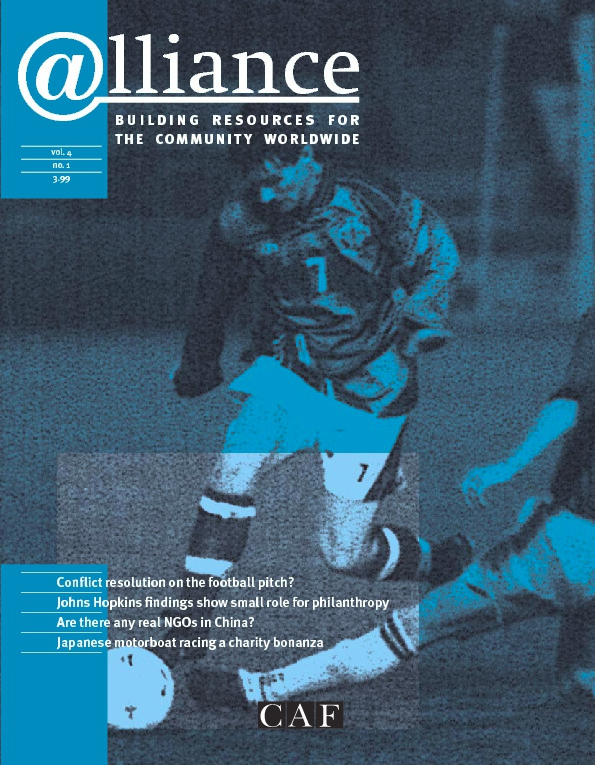We get off to a brisk start with The Crisis of Global Capitalism: ‘The global capitalist system which has been responsible for the remarkable prosperity of this country [the USA] in the last decade is coming apart at the seams.’ The significance for civil society is that we may be fighting the last war in the sense that the enemies of Popper and Soros’s Open Society were the totalitarian regimes. However, civil society may now be threatened from the opposite direction: from the lack of social cohesion and the absence of strong national governments.
A lot that follows is philosophical, with great emphasis on reflexivity (ideas change reality as well as interpreting it — there are analogies here with quantum physics which he doesn’t use) and fallibility. We should plan for failure. Soros brings this surprisingly Hegelian and heuristic thinking into his analysis of the global financial crisis. He says we have to interfere with the global market to some extent. This is fascinating stuff but for proponents of civil society, which depends on growth, it is enough to know that our banking allies are becoming alarmed about what hitherto seemed to them to be the certainties of market globalization.
It’s Soros’s radicalism on developing an Open Society which (following his principles of reflexivity and fallibility) he is still seeking to reinvent which is wonderful to behold. For example, the fallibility of the individual makes it essential that his actions must be accompanied by a positive impulse to cooperate (this is close to Chris Patten’s reciprocity principle). The grain of open society is therefore association. Then comes the CIVICUS mission statement: ‘In a global economy, the impulse (to cooperate/associate) must operate on a global level.’ Few people would disagree; the difficulty is deciding how this should be done!
The Crisis of Global Capitalism: Open society endangered
by George Soros Little, Brown £17.99
To order phone Barnicoats on +44 1326 372 400 or fax +44 1326 374 888





Comments (0)